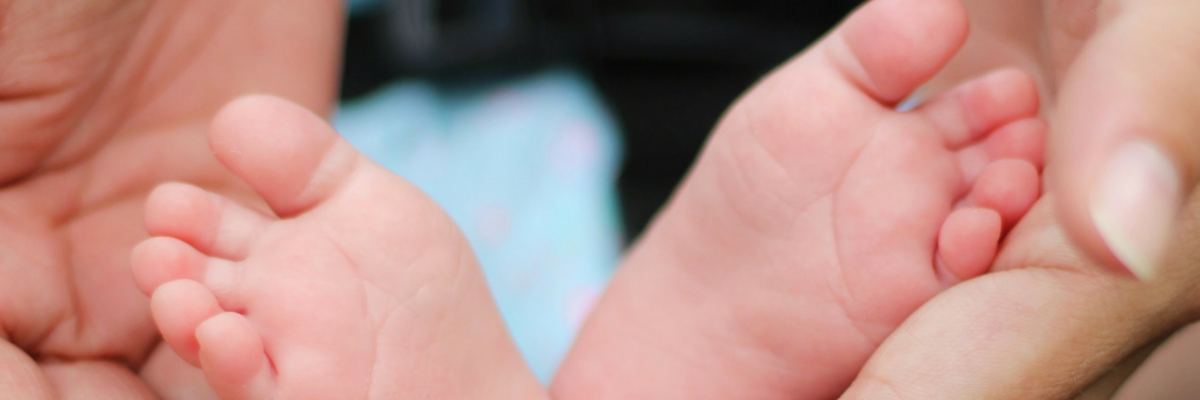
Nearly every person who cares for children in a church nursery has, at one time or another, felt it. The inevitable cringe when hearing their ministry called “babysitting.”
Many nursery workers have expressed frustration that the work they do is often seen as a service to parents rather than a genuine, faith-building role in the church. People sometimes question, “Can babies REALLY learn faith concepts?” wondering if small children have the capacity to absorb Biblical truth.
Really, really
The short answer to this question? “YES!”
Babies can learn important spiritual foundations from the very day they are born. In fact, infants and toddlers are learning at a rate during those early years that is unparalleled throughout the rest of their lifetime. They are learning about how to make their physical bodies work. They lean critical mental concepts. Absorb social-emotional principles. And, in fact, babies develop their spiritual selves as well.

Faith for babies
Naturally, children ages 0–2 will not be able to wrap their minds around words like propitiation, atonement, or revelation. But babies this age are actually in a sort of “pre-faith” period. As adults, we are in the unique position to help set them up to be prepared to hear and receive the gospel message.
The time is ripe for preparing the ground where seeds of faith will be planted, watered, tended, and harvested throughout a lifetime.
This stage was named a period of “Undifferentiated Faith” by Professor James W. Fowler in his studies published in 1981. Based on developmental science (from pioneers like Piaget, Vygotsky, and Skinner), we know that these first few years are monumental. Developmentally, this is a time in which children’s faith is formed by the safety, nurturing, and security in their lives. Positive experiences prepare a child for faith and connection with God. Negative experiences can teach a distrust of people, and consequently, the divine.

The role of early childhood ministry
For those of us who minister to children in these early years, that is vital news. First, it explains why we cringe when we hear our work called “babysitting.” The work done in the nursery is far more complex. We know that what we do is bigger than just keeping children alive so other people can do “real” church. We understand that a child’s faith journey begins at birth, and we are privileged to be able to participate in this process.
The news that children’s very foundations are being set physically, mentally, emotionally and spiritually during ages 0–2 should also act as a catalyst to those of us who are caregivers for these tiny people. It should motivate us to create opportunities to build the foundational concepts in our children with intentional activities. And to find out exactly what concepts are most important.
So, the question isn’t, “Can babies learn spiritual concepts?” but, “Which spiritual concepts can children learn?”
Start building faith
“… now faith, hope, and love abide, these three; and the greatest of these is love.” 1 Corinthians 13:13
If we take our cue from Jesus, we discover that in order to have a solid relationship with Him, there are three things we must equip children with. These things survive beyond all else.
Faith, hope, and love.
With that in mind, we can easily take steps to ensure that we are reinforcing these concepts each time we have babies in our care.
In the posts that follow in this series, we’ll take a look at each of these concepts separately. The first installment will be dedicated to teaching children the foundations of faith. In the second, I will focus on the idea of teaching about hope. Finally, I’ll address communicating about love. We’ll look at ways to prepare our own hearts as well as explore practical, developmentally appropriate ways to help build these concepts in the classroom each week.
When we’re finished, you’ll have more than a better answer for the question “Can they learn?” Hopefully, you’ll also have a renewed sense of the importance of your role in the testimonies of each baby you get the honor of caring for.



